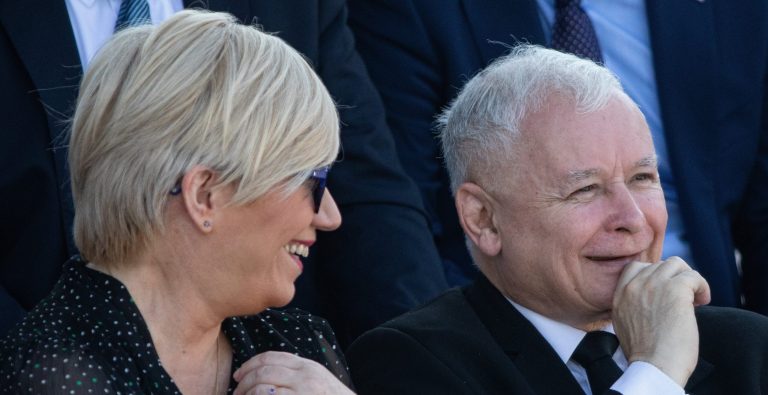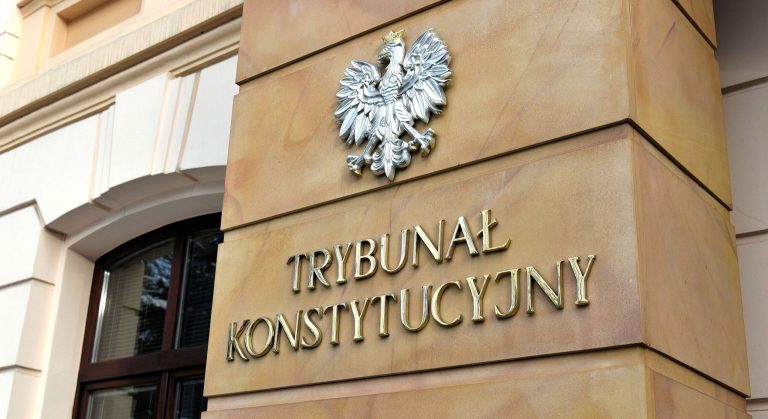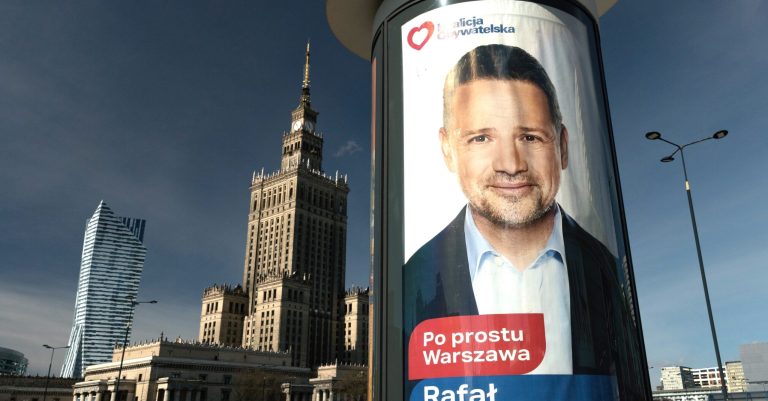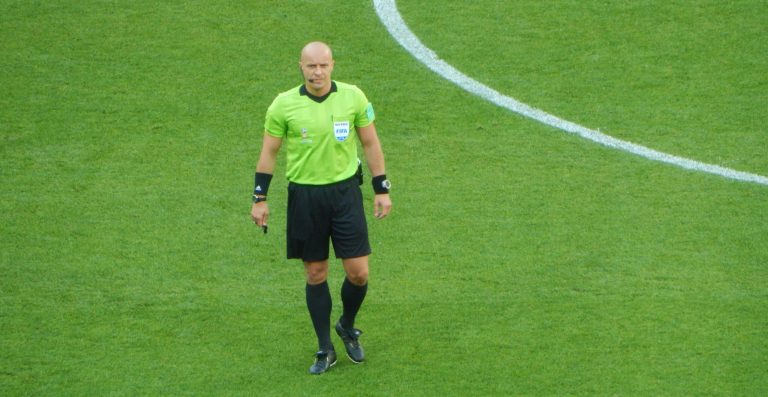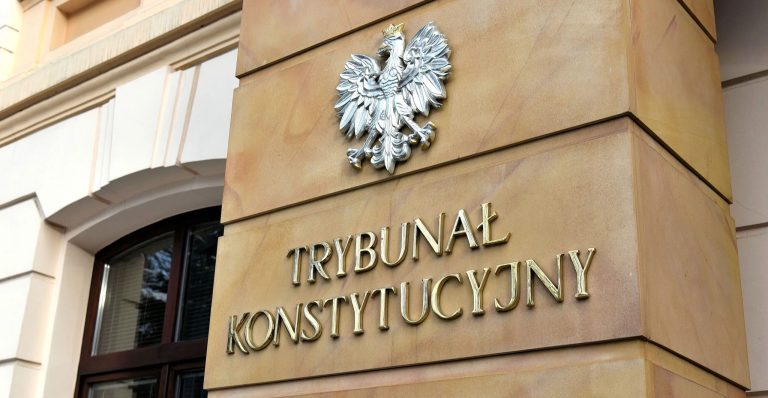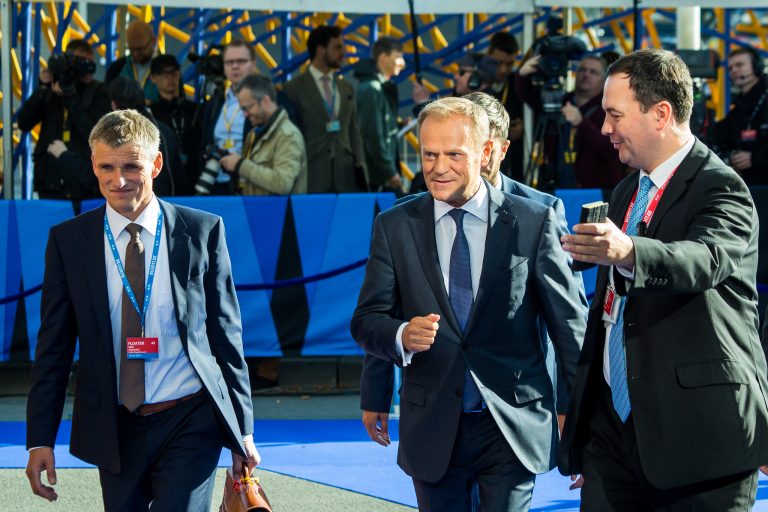Poland seeks exemption from EU emission fees to supply Ukraine with electricity
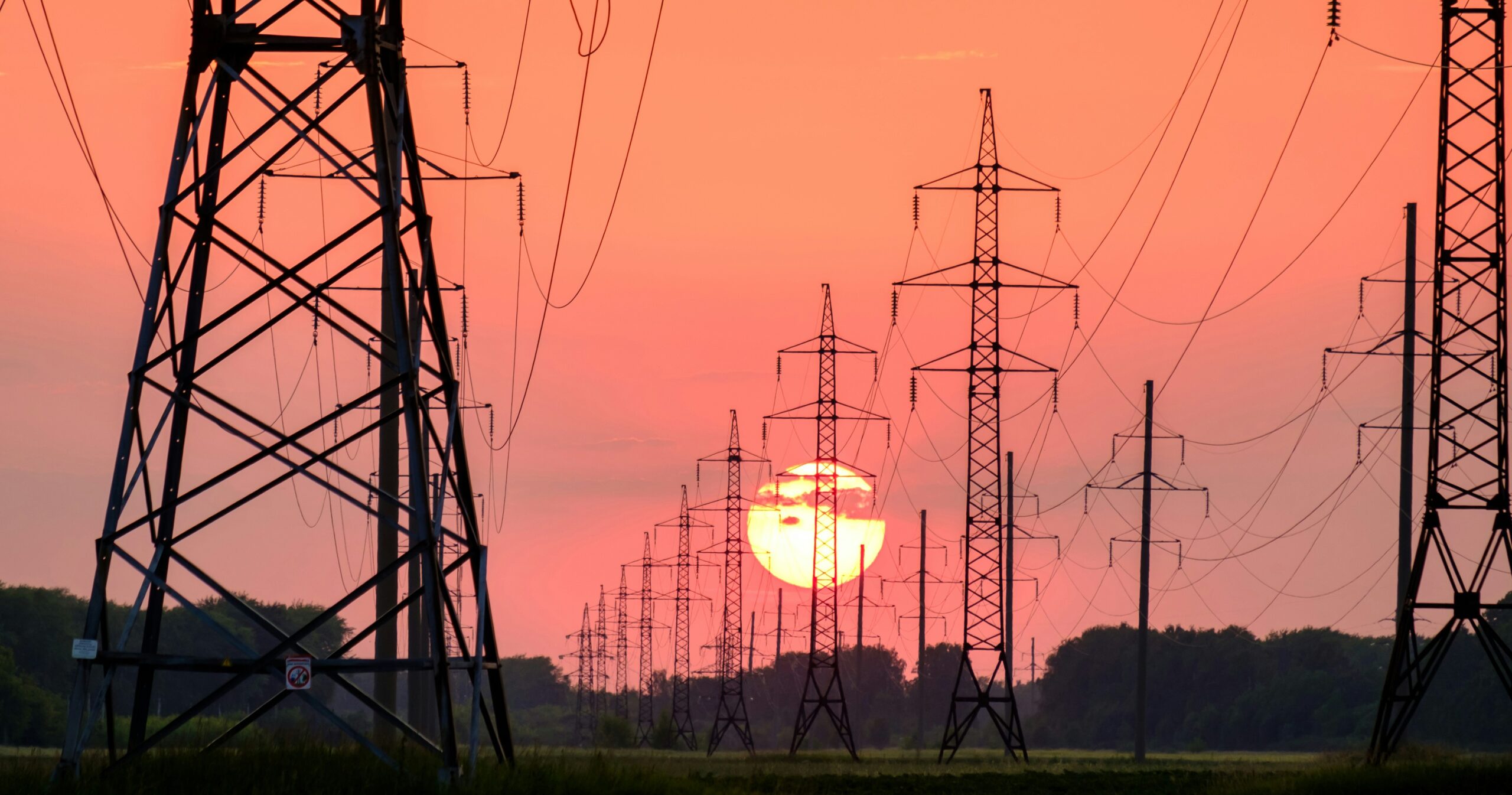
Poland is looking at the possibility of sending electricity generated by Polish power stations using Polish coal to Ukraine this winter, as its neighbour faces an energy crisis caused by Russian attacks against its infrastructure.
Polish Prime Minister Donald Tusk, who met with Ukrainian President Volodymyr Zelensky on Monday, said that his government is working to ensure that Poland can burn its coal for this purpose without incurring emissions charges, and that the electricity produced is sent “for European money” to Ukraine.
His announcement prompted criticism from parts of the right-wing opposition, which accused Tusk of putting the needs of Ukraine above those of Poles, who stand to face high energy bills this winter.
Tusk ma sprytny plan dla polskiego węgla. – Pracujemy nad tym, aby móc spalać polski węgiel nie płacąc za emisję; tak wytworzony przez polskie elektrownie prąd przesyłać istniejącym mostem energetycznym na Ukrainę – ogłosił premier. https://t.co/WGdi7pU220
— WNP.PL (@wnppl) July 8, 2024
“Our people are discussing how we can directly help supply Ukraine with electricity before winter,” said Tusk yesterday during a joint press conference with Zelensky.
“We are currently working on being able to burn Polish coal, which we have a lot of at the moment, in a way that we won’t have to pay for burning this coal and for [carbon] emissions, and to send the electricity generated by Polish power plants from Polish coal for European money via the existing energy bridge to Ukraine,” he added.
Last year, Poland and Ukraine opened a 400 kilovolt (kV) “energy bridge” linking their’ electricity grids.
Tusk said he would urge his European partners to “look for creative ideas” to support Ukraine’s energy sector after Russia recently stepped up its attacks on infrastructure. Since the start of Russia’s full-scale invasion, Ukraine has lost more than half of its power generation capacity, reported the Financial Times last month.
Sorry to interrupt your reading. The article continues below.
Notes from Poland is run by a small editorial team and published by an independent, non-profit foundation that is funded through donations from our readers. We cannot do what we do without your support.
Tusk’s announcement sparked criticism from some opposition politicians, who accused him of putting the interests of foreign countries above those of Poles.
“Another negotiating success from Donald Tusk! After agreeing to no war reparations from Germany, today he has agreed to produce electricity from Polish coal for Ukraine free of charge,” said Ewa Zajączkowska-Hernik, Confederation’s spokeswoman.
She was referring to Tusk’s recent comments indicating that his government would not continue the push for reparations from Germany started under the previous Law and Justice (PiS) administration.
“Meanwhile, for Poles, from 1 July, higher electricity bills, with an ETS [EU Emissions Trading System] fee, of course. Does the [ruling] coalition have plans to take care of Polish families,” Zajączkowska-Hernik asked on X.
Kolejny sukces negocjacyjny Donalda Tuska! Po tym jak zgodził się na brak reparacji wojennych od Niemiec, dziś zgodził się bez opłat produkować prąd z polskiego węgla dla Ukrainy. Tymczasem dla Polaków od 1 lipca wyższe rachunki za prąd, oczywiście z opłatą ETS.
Czy w tej… pic.twitter.com/ZAghAIuucI
— Ewa Zajączkowska-Hernik (@EwaZajaczkowska) July 8, 2024
Janusz Kowalski, an MP from the caucus of PiS, which is Poland’s main opposition, criticised Tusk for seeking to suspend ETS payments for electricity for Ukraine but not for Poland’s own electricity generation, something PiS wants.
“PiS is calling for the suspension of the EU ETS for Poland, while Tusk wants to suspend the EU ETS in Poland in the interests not of Poland, but of…Ukraine,” said Kowalski on X. “For seven months [since taking power], Tusk has not uttered a word at the EU forum about the suspension of the EU ETS for Poland.”
Main image credit: Andrey Metelev / Unsplash

Alicja Ptak is senior editor at Notes from Poland and a multimedia journalist. She previously worked for Reuters.

